6 Powerful Phytonutrients: What Are Phytonutrients And Their Health Benefits?
WHAT ARE PHYTONUTRIENTS AND THEIR BENEFITS?
Overview of Phytonutrients:
Phytonutrients are naturally occurring plant compounds that provide nourishment. These are different from essential nutrients, which your
All fruits and vegetables contain phytochemicals, but some have higher nutritional values than others. Researchers have been studying the benefits of these plant-based chemicals for years. In this article, we will discuss six powerful phytonutrients and their health benefits.
Six Powerful Phytonutrients
There are several types of phytonutrients1, the six most important include:
Carotenoids – Carotenoids12 are a group of more than750 naturally occurring pigments from plants, algae, and some photosynthetic bacteria. Carotenoids are the pigments that give fruits and vegetables their bright yellow, orange, and red colors. You should know that researchers found that most of the carotenoids found in our diets (about 40-50) come from fruits and vegetables.
The health benefits of carotenoids are many and come primarily from their antioxidant abilities. Some of these benefits include vision, cardiovascular, anti-aging protection, skin cancer protection, chronic diseases, and potential benefits suggestions by some researchers, such as bone health, slowing the rate of mental decline, boosting immunity, and breast and prostate cancer risk reduction.
As a minor caution, some researchers did mention that high-intake of carotenoids can result in a temporary and reversible change of your skin color (Lycopenodermia and Carotenemia) and temporary problems with vision clarity (characterized by yellow-golden flecks in the eye).
Flavonoids – Flavonoids13 are a group of natural substances or chemicals found in fruits, vegetables, grains, flowers, teas, and roots.
There are many health benefits of flavonoids including anti-inflammatory abilities14. Flavonoids are also known to be antioxidants, hepatoprotective, geroprotective (the progression of degenerative diseases), anti-diabetes, anticancer, cardioprotective, antimicrobial, and neuroprotective. Flavonoids can promote your overall wellbeing.
Ellagic acid – Ellagic acid15 is a plan chemical known to possess antioxidant, anti-mutagenic, and anti-cancer properties in the body. Research suggests that Ellagic acid may lower inflammation, fight off cancer, reduce obesity, and improve obesity-related complications such as non-alcoholic fatty liver disease, insulin resistance, diabetes type 2, and atherosclerosis.
Ellagic acid, a phytonutrient, can be found in food sources such as fruits and vegetables including green tea, raspberries, blackberries, strawberries, cranberries, darkly colored grapes, and walnuts to name a few. Along with the benefits mentioned above, Ellagic Acid is known to help with DNA damage, wrinkles and inflammation, and viral infections.
Resveratrol – Resveratrol17 is a compound naturally found in grapes, some berries, and red wine. Resveratrol is said to possess a wide range of biological properties and health benefits including antioxidant benefits, neuroprotective, anti-inflammatory, anticancer, and cardio protective activities.
The Phytonutrient Resveratrol benefits16 the body by scavenging for free radicals in the body and also functions such as an antimicrobial and anti-dyslipidemia (dyslipidemia is having high or low blood lipid levels – think triglycerides and cholesterol. Resveratrol helps to maintain a healthy lipid level in the body).
Glucosinolates – Glucosinolates19 are natural sulfur rich plant metabolites with nutritional effects on the body. There are over 130 different glucosinolate compounds that have been characterized by researchers. Glucosinolates are primarily found in cruciferous vegetables such as broccoli, cauliflower, mustards, horseradish, and in also moringa18. It is said that the leaves and seeds of the Moringa plant have the highest level of glucosinolates and moringa is known to have extensive nutritional benefits such as anticancer, detoxification, anti-inflammatory, and inhibits cancer tumor angiogenesis (it stops blood vessels from forming cancer tumor cells, depriving them of nutrients, and causing cell death (apoptosis)). Research also suggests that a diet rich in glucosinolates can help reduce the risk of myocardial infarctions (heart attacks).
Phytoestrogens – Phytoestrogens20 are plant compounds that are similar in structure to the female hormone estrogen. Phytoestrogens have health benefits in our bodies including, the prevention and treatment of menopausal symptoms, skin aging, osteoporosis, cancer, cardiovascular, neurodegenerative, immune, and metabolic disease.
There are more, but these are just six power packed phytonutrients with amazing benefits for overall health, and should be included in our daily diet.
The Benefits of Phytonutrients
Antioxidant Benefits of Phytonutrients
One health benefit of phytonutrients that’s huge is the antioxidant content. If you’re not familiar with the term, antioxidants are molecules that provide a natural defense against free radicals. While your body produces these molecules, you can boost their effect by consuming foods and other nutrients to fight free radicals and repair the damage they cause.
What are free radicals?
Free radicals are unstable, unpaired atoms. When there is an imbalance between free radicals and antioxidants in the body, it leads to oxidative stress2. As the free radicals roam the body without interference from free antioxidants, they damage healthy cells. The antioxidant works by giving an extra molecule to the free radical to stabilize it.
As you age, your body produces fewer antioxidants and needs you to supplement it to keep up the fight against free radical damage. Consuming more phytonutrients increases your antioxidant level naturally.
Phytonutrients Anti-Inflammatory Effects
Plant-based compounds may reduce inflammation naturally. Studies have found that the phytochemicals, specifically phenolics, and triterpenoids in fruits and vegetables3, had high anti-inflammatory activity levels. Consumers often think of anti-inflammatories as synthetic compounds, such as acetaminophen. However, many micronutrients4 provide the same effects naturally.
The phytonutrient type that is best known for its anti-inflammatory properties is beta-carotene. You can find the highest concentration in orange and dark green leafy vegetables, such as5:
- Sweet potato
- Pumpkin
- Carrots
- Kale
- Broccoli
- Broccoli Sprouts
- Collard greens
Immunity Support with Phytochemicals
Your body does a great job of protecting you from viruses and other infections. But there are ways you can boost that natural protection with phytonutrients. Additionally, deficiencies in any of these areas can lower your resistance. Increasing your intake of different plant compounds6 through various healthy foods may reduce any shortages that expose your body.
To improve immune health naturally, you can also increase your beta-carotene intake with more dark, leafy greens, and orange vegetables. Along with the options above, you can try:
- Winter Squash
- Apricots
- Cantaloupe
- Mango
- Spinach
Phytonutrients and Cancer
Many studies show positive outcomes for lowering the chances of cancer7 by increasing plant compounds in your diet. One research study found an 11 to 19% decrease in prostate cancer with higher intakes of lycopene.
Increase these phytonutrients in your diet to reduce prostate cancer risk,
- Tomatoes – Tomatoes are high in LECTINS (Toxic chemicals produced by plants to protect themselves from being eaten – one of these toxic chemicals is known as GLUTEN but there are many more. It is a good idea to peel and eliminate the skin and de-seed to reduce your risk of lectin consumption.
- Red peppers – Red Peppers are high in lectin and are known as nightshades vegetables. It is a good idea to peel and eliminate the skin, de-seed and/or ferment it to reduce your risk of lectin consumption.
- Watermelon
- Pink grapefruit
Resveratrol levels may help minimize the risk of breast cancer. In vitro and in vivo studies8 showed resveratrol had positive results in patients with breast, colorectal, liver, pancreatic, and prostate cancers. You can find these phytochemicals in,
- Grapes
These are preliminary results and shouldn’t be used in place of cancer screenings and conventional treatments.
Promote Healthy Cardiovascular Function with Phytochemicals
Another health benefit of phytonutrients is helping maintain a strong heart and lower your risk of cardiovascular disease. Several plant chemicals offer this advantage9.
Lutein – is one of 600 known naturally occurring carotenoids and is excellent for heart health.
“Our findings suggest that higher dietary intake and higher blood concentrations of lutein are generally associated with better cardiometabolic health.”
You can find lutein in collard greens, spinach, broccoli, lettuces, kale, and brussels sprouts.
Resveratrol – is a phytochemical that might help heart health by reducing LDL or bad cholesterol and preventing blood clots10.
You can find resveratrol in red grapes and peanuts.
Isoflavones – are flavonoids that may reduce inflammation and boost cardiovascular function.
According to Dr. Qi Sun11, a researcher at Harvard’s T.H. Chan School of Public Health in Boston,
“Other human trials and animal studies of isoflavones, tofu, and cardiovascular risk markers also have indicated positive effects, so people with an elevated risk of developing heart disease should evaluate their diets.”
You can find isoflavones in soybeans – a word of caution though is that most soybeans are genetically modified and are grown with a lot of chemicals. If you are going to consume soybeans, I strongly recommend you find a non-GMO variety that is grown organically. In addition, it would be a good idea to only consume soybeans and soybeans products when fermented.
FINAL THOUGHTS:
There’s much more to learn about phytonutrients and their roles in keeping people healthy and happy. However, experts know enough now to promote their use for any wellness program. Enjoying several servings of fruits and vegetables is excellent for anyone’s overall wellbeing. The health benefits of phytonutrients begin with antioxidant activity and anti-inflammatory properties. They end with weight reduction, improved cardiovascular function, and boosting happiness.
To your Health!
References:
- https://www.livescience.com/52541-phytonutrients.html
- https://www.livescience.com/54901-free-radicals.html
- https://pubmed.ncbi.nlm.nih.gov/28605204/
- https://www.canr.msu.edu/news/food_micronutrients_explained_antioxidants_anti_inflammatories_and_phytoche
- https://fruitsandveggies.org/stories/what-are-phytochemicals/
- https://www.hsph.harvard.edu/nutritionsource/nutrition-and-immunity/
- https://lpi.oregonstate.edu/mic/dietary-factors/phytochemicals/carotenoids
- https://www.ncbi.nlm.nih.gov/pmc/articles/PMC4013237/
- https://pubmed.ncbi.nlm.nih.gov/26762372/
- https://www.mayoclinic.org/diseases-conditions/heart-disease/in-depth/red-wine/art-20048281#:~:text=Resveratrol%20might%20help%20prevent%20damage,studies%20on%20resveratrol%20are%20mixed.
- https://www.heart.org/en/news/2020/03/23/soy-rich-foods-like-tofu-may-help-lower-heart-disease-risk
- The role of carotenoids in human health – PubMed (nih.gov)
- https://lpi.oregonstate.edu/mic/dietary-factors/phytochemicals/flavonoids
- https://www.ncbi.nlm.nih.gov/pmc/articles/PMC7211351/
- https://www.ncbi.nlm.nih.gov/pmc/articles/PMC5596197/
- https://www.ncbi.nlm.nih.gov/pmc/articles/PMC6164842/
- https://www.mayoclinic.org/diseases-conditions/heart-disease/in-depth/red-wine/art-20048281–
- pdf (waocp.org)
- Frontiers | Bioavailability of Glucosinolates and Their Breakdown Products: Impact of Processing | Nutrition (frontiersin.org)
- The potential health effects of dietary phytoestrogens (nih.gov)

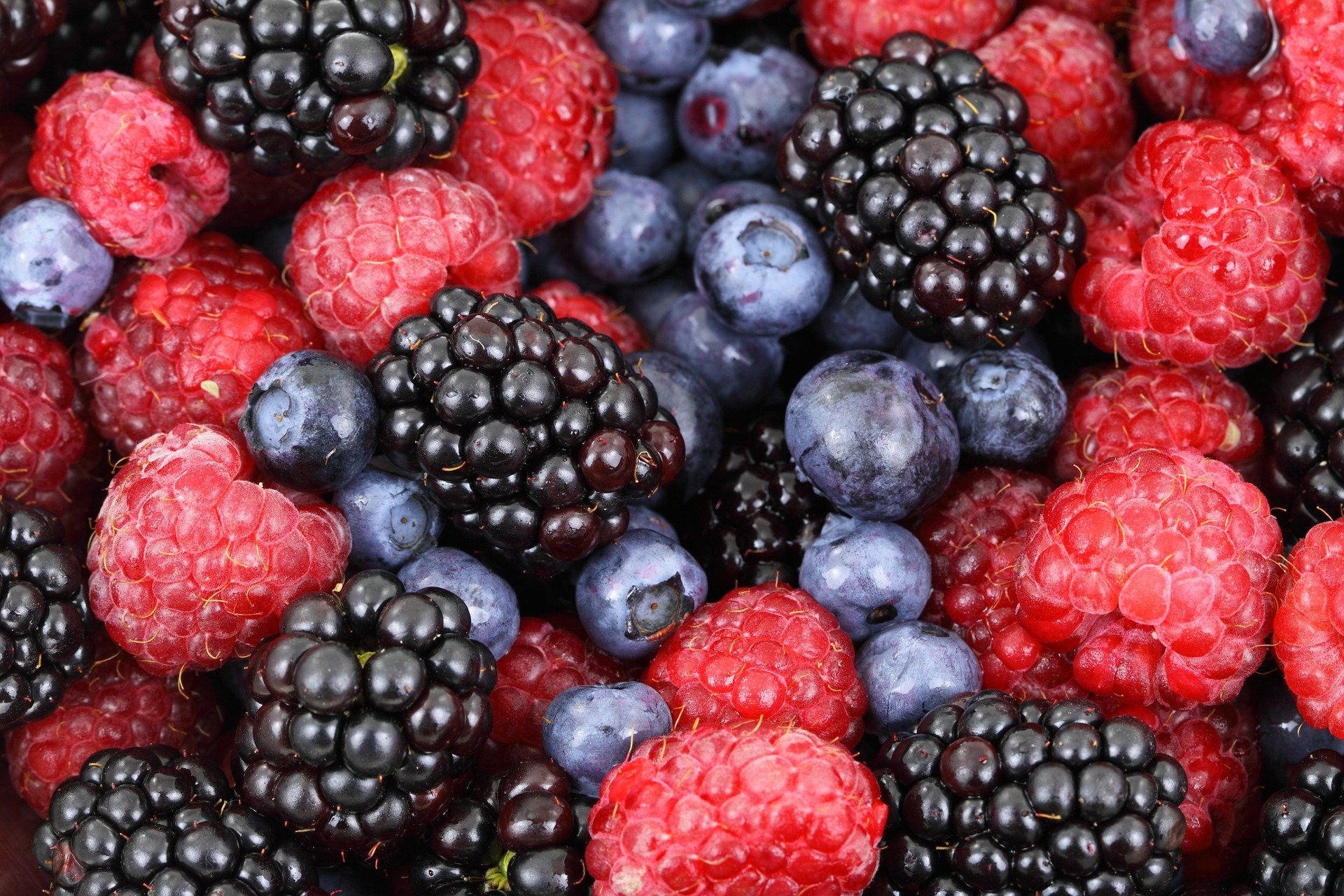
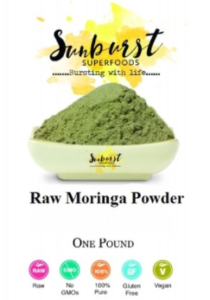

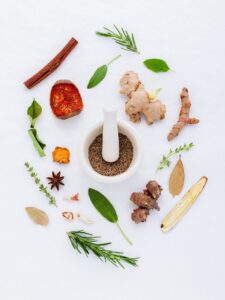





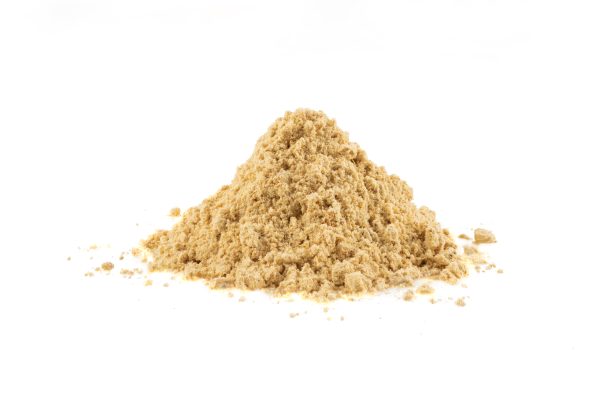

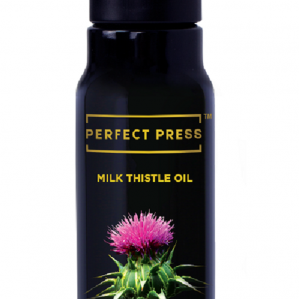
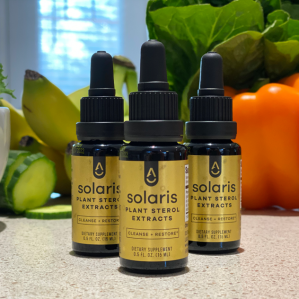
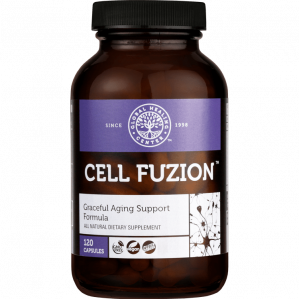
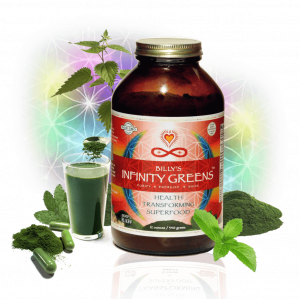
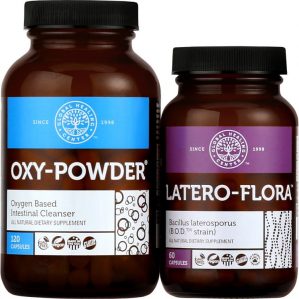











3 Comments
[…] cardiovascular function, and boosted happiness, according to Optimal Healing Remedies’ article 6 Powerful Phytonutrients: What Are Phytonutrients And Their Health Benefits? The article describes six important phytonutrient groups, where they’re found, and their benefits […]
[…] Flavonoids are a class of plant compounds that can be found in a variety of foods. They are also known as bioflavonoids or polyphenols. Flavonoids were found out in 1930 after the identification of a novel compound in oranges upon isolation. […]
[…] >>6 Powerful Phytonutrients: What Are Phytonutrients And Their Health Benefits<< […]